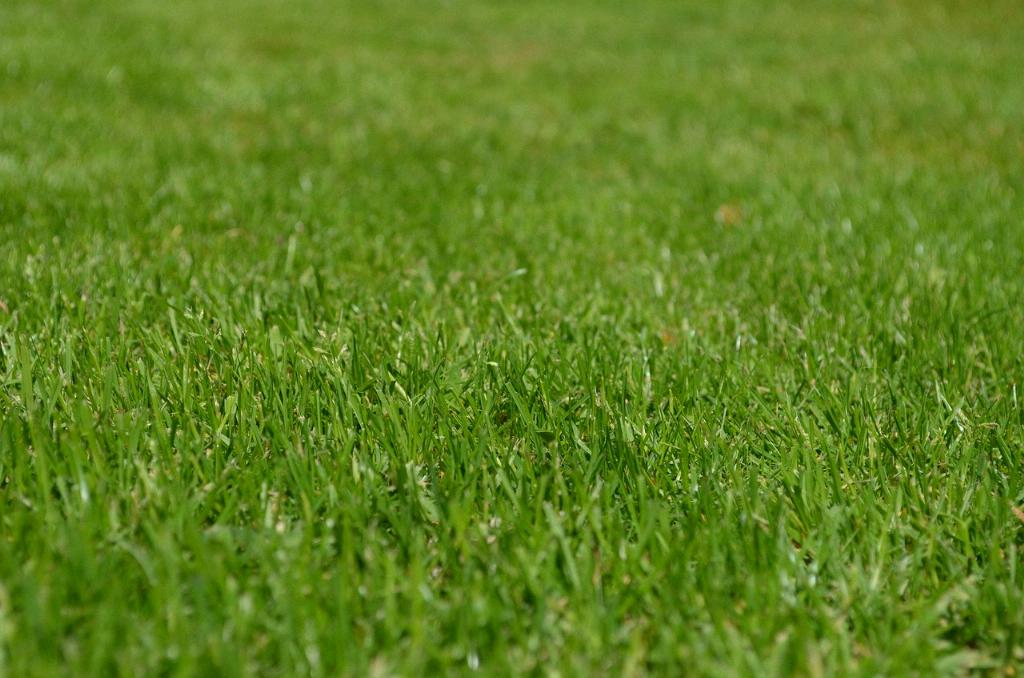When it comes to dealing with geese invading your lawn, there are several strategies you can employ to effectively deter them from making your property their hangout spot. Geese can be quite stubborn and territorial, but with the right tactics, you can keep them off your lawn without causing harm to these birds.
Scare Tactics
Geese are naturally wary creatures, so using scare tactics can be an effective way to keep them away. Utilize methods such as loud noises, flashing lights, or sudden movements to startle and discourage geese from staying on your lawn. Motion-activated devices like sprinklers or noisemakers can be particularly useful in this regard.
Physical Barriers
Installing physical barriers can also be an effective way to prevent geese from accessing your lawn. Fences, hedges, or other structures can create obstacles that deter geese from entering your property. Make sure the barriers are tall enough to prevent geese from flying over them.
Eliminate Food Sources
Geese are attracted to lawns with abundant food sources, so removing or reducing these food sources can help discourage them from frequenting your property. Avoid feeding birds on your lawn, and clean up any leftover food or spilled birdseed that may attract geese.
Landscaping Modifications
Modifying your landscaping can make your lawn less appealing to geese. Consider planting shrubs, trees, or tall grasses around the perimeter of your lawn to create natural barriers that deter geese from entering. Geese prefer open spaces where they can easily spot predators, so denser vegetation can make your lawn less attractive to them.
Repellents
There are various commercial repellents available that can help keep geese away from your lawn. These repellents typically use natural ingredients or scents that geese find unpleasant, such as garlic or grape seed extract. Apply these repellents according to the manufacturer’s instructions for best results.
Regular Maintenance
Maintaining your lawn can also deter geese from making themselves at home. Geese are less likely to frequent well-maintained lawns, so keeping your grass trimmed, free of debris, and properly irrigated can help make your property less appealing to these birds.
Use Decoys
Placing decoys of predators, such as fake coyotes or birds of prey, on your lawn can create the illusion of danger for geese and discourage them from staying. Move the decoys around periodically to make them appear more realistic and prevent geese from getting used to their presence.
Geese Repellent Plants
Consider planting geese-repellent plants in your garden or around your lawn. Certain plants, such as goose repellent grasses, can emit odors or produce textures that geese find unappealing, making them less likely to graze on your lawn.
Established Boundaries
Establishing clear boundaries between your property and natural habitats where geese reside can help deter them from encroaching on your lawn. Use signs, fences, or other visible markers to indicate where your property begins and ends, making it less inviting for geese to wander onto your lawn.
Seek Professional Help
If you’re facing persistent goose-related issues despite trying various deterrent methods, consider seeking help from wildlife professionals or pest control experts. They can provide additional insights and recommend specialized solutions tailored to your specific situation.
Conclusion
Keeping geese off your lawn requires a combination of strategies that aim to make your property less attractive and welcoming to these birds. By implementing a mix of scare tactics, physical barriers, landscaping modifications, and repellents, you can effectively discourage geese from invading your lawn and enjoy a bird-free outdoor space.

